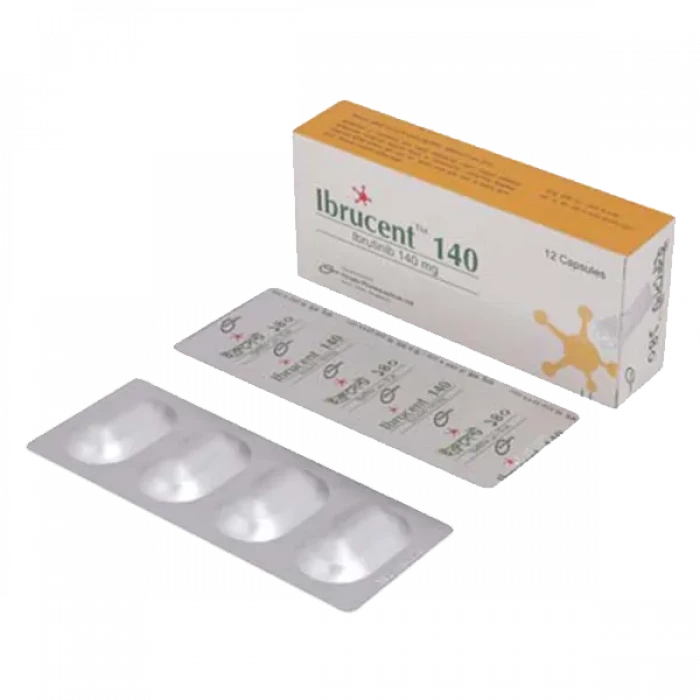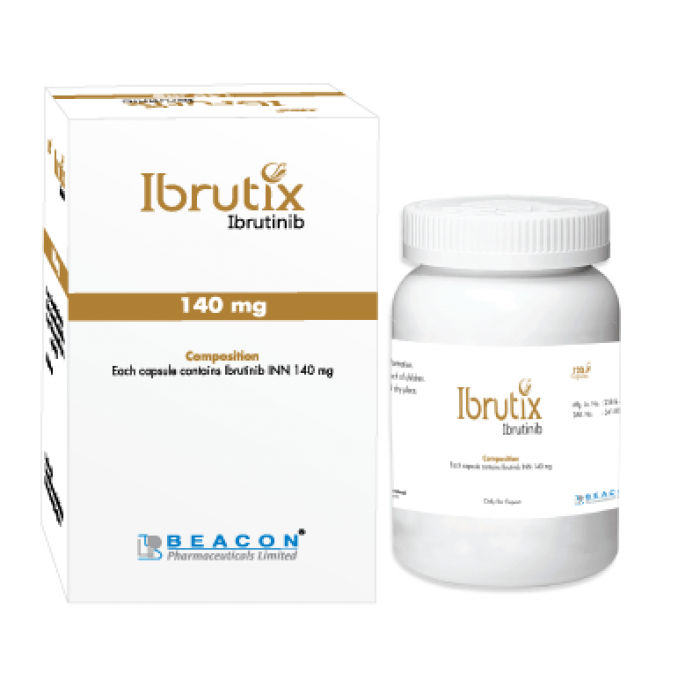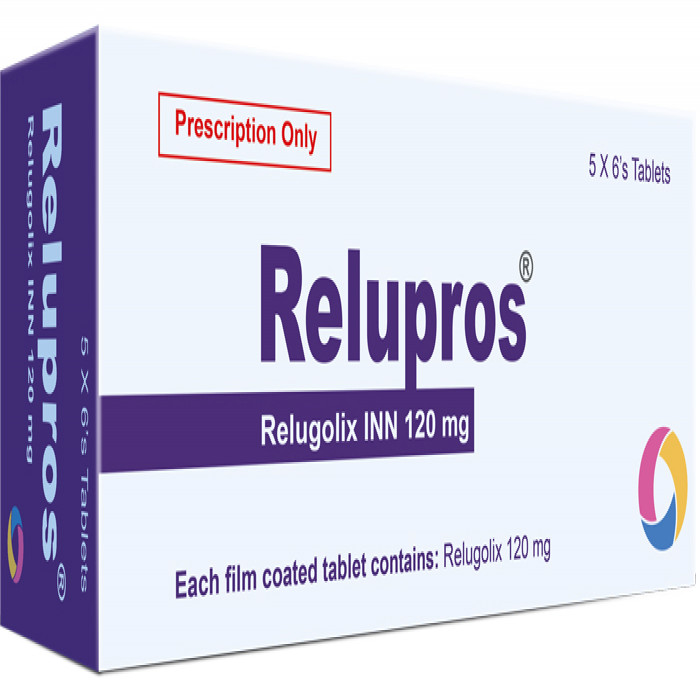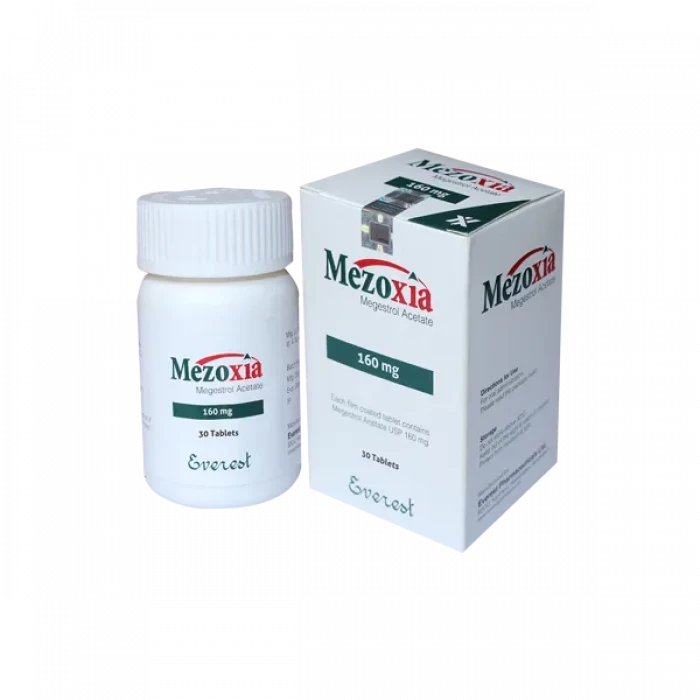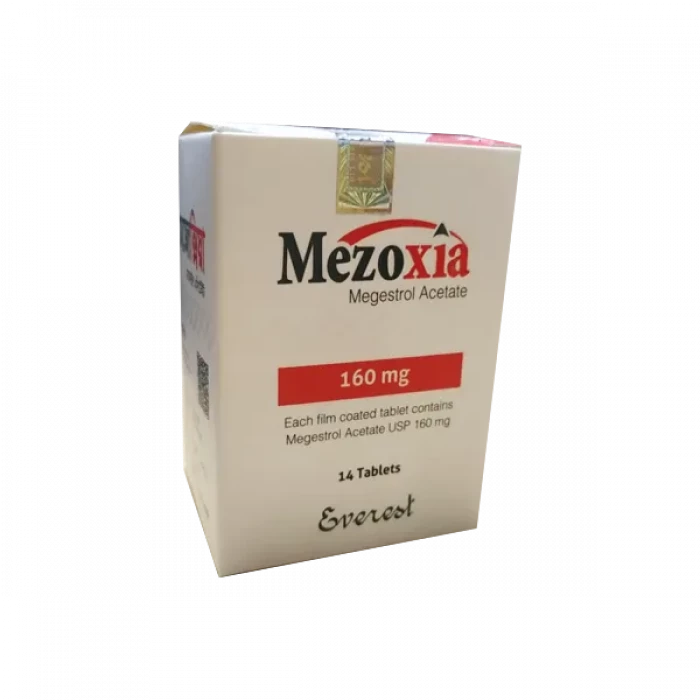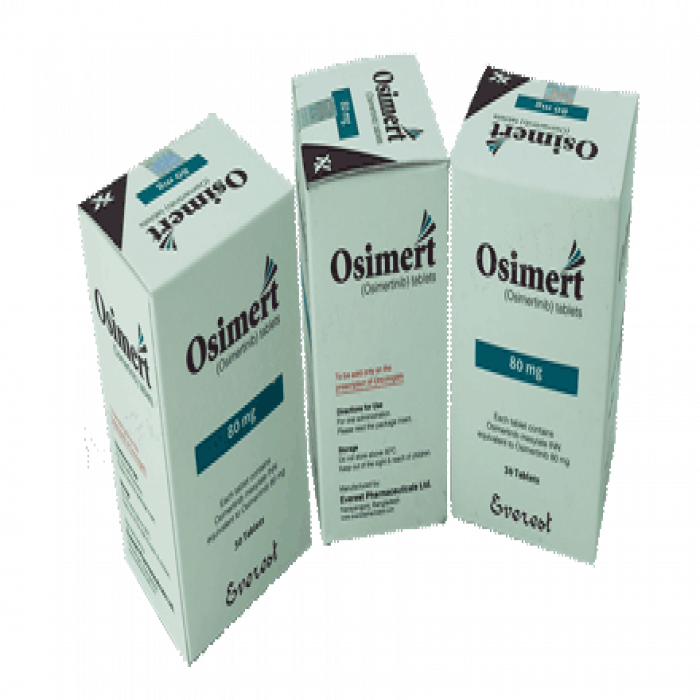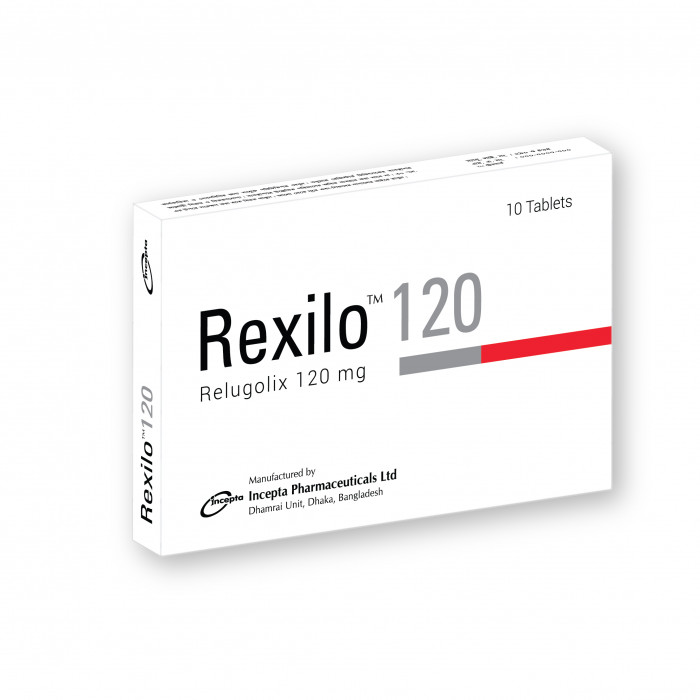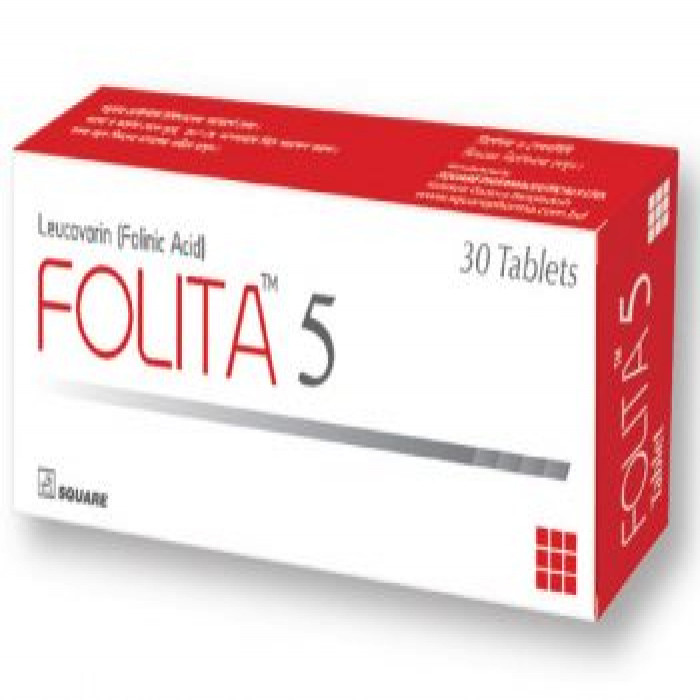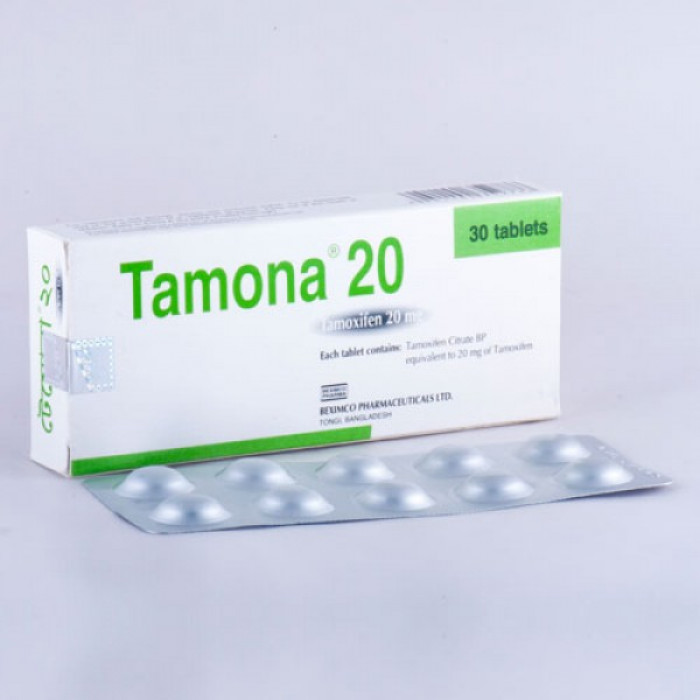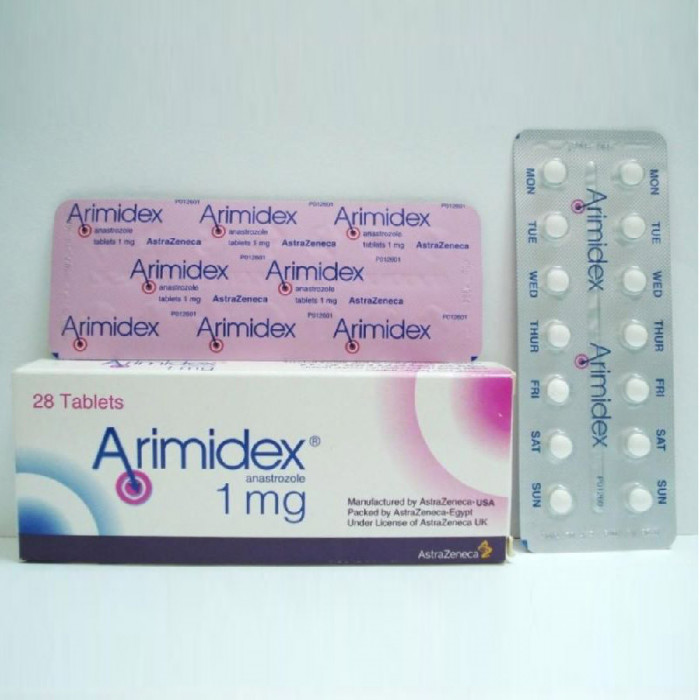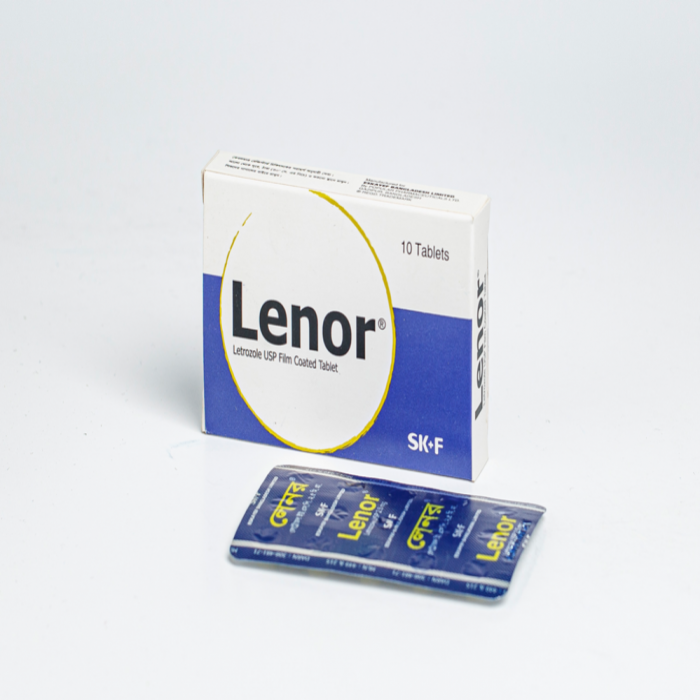

✔ 100% Authentic Product

100% Genuine Products, Guaranteed
Safe & Secure Payments, Always
Fast, Secure & Efficient Delivery
Proper Packaging
Cashback offer(Optional):
- 🏷 Coupon CASH55 ✔️ Get ৳55 back - for Ordering ৳500+
- 🏷 Coupon CASH120 ✔️ Get ৳120 back - for Ordering ৳1200+
- 🏷 Coupon CASH200 ✔️ Get ৳200 back - for Ordering ৳2500+
- 🏷 Coupon CASH300 ✔️ Get ৳300 back - for Ordering ৳3500+
- 🏷 Coupon CASH400 ✔️ Get ৳400 back - for Ordering ৳4500+
- 🏷 Coupon CASH500 ✔️ Get ৳500 back - for Ordering ৳5500+
- 🔹 Delivery charge is applicable for Cashback offer
- 🔹 Foreign manufacturer products are not applicable for Cashback offer
Show More
 Cash on Delivery - All over Bangladesh
Cash on Delivery - All over Bangladesh Urgent Delivery - 2 Hours Dhaka City
Urgent Delivery - 2 Hours Dhaka City ফ্রি ডেলিভারি! - ১৪৯৯ টাকা+ অর্ডারে ঢাকা
শহরে ।
ফ্রি ডেলিভারি! - ১৪৯৯ টাকা+ অর্ডারে ঢাকা
শহরে । ফ্রি ডেলিভারি! - ২৯৯৯ টাকা+ অর্ডারে ঢাকার
বাহিরে ।
ফ্রি ডেলিভারি! - ২৯৯৯ টাকা+ অর্ডারে ঢাকার
বাহিরে ।
✅ Description:
Indications
Letrozole is approved for the first-line treatment of advanced/metastatic breast cancer in postmenopausal women (hormone receptor-positive or receptor status unclear).
Pharmacology
Letrozole is a nonsteroidal aromatase inhibitor that is both strong and highly selective. It inhibits the aromatase enzyme by competitively binding to the haem of the enzyme's cytochrome P450 subunit, resulting in a decrease in estrogen production across all tissues. Letrozole works as an anticancer agent by preventing estrogen-dependent breast cancer cells from growing. Estrogens are largely generated in postmenopausal women via the action of the aromatase enzyme, which converts adrenal androgens—mostly androstenedione and testosterone—to oestrone (E1) and oestradiol (E2). By selectively blocking the aromatase enzyme, it is possible to decrease estrogen production in peripheral and malignant tissues.
Single doses of 0.1, 0.5, and 2.5mg letrozole decrease serum oestrone and oestradiol by 75-78 percent and 78 percent from baseline, respectively, in healthy postmenopausal women. Maximum suppression occurs in 48-78 hours. Daily dosages of 0.1 to 5mg reduce plasma concentrations of oestradiol, oestrone, and oestrone sulfate by 78-95 percent from baseline in postmenopausal patients with metastatic breast cancer. After single doses of 0.1, 0.5, and 2.5mg, letrozole showed no impact on plasma androgen concentrations (androstenedione and testosterone) in healthy postmenopausal women, showing that blocking estrogen production does not result in the buildup of androgenic precursors. There has been no evidence of impairment in adrenal steroidogenesis.
Letrozole is swiftly and completely absorbed from the gastrointestinal system, according to its pharmacokinetics (absolute bioavailability 99.9 percent ). Food slows absorption slightly, but the amount of absorption stays the same. Because the minimal effect on absorption rate is not deemed clinically significant, letrozole can be given after, with, or before meals. Letrozole's plasma protein binding is around 60%, primarily to albumin (55 percent ). Letrozole concentration in erythrocytes is approximately 80% of that in plasma. The primary elimination mechanism of letrozole is metabolic clearance to a pharmacologically inactive carbinol metabolite, however, it is somewhat sluggish when compared to hepatic blood flow. Although the cytochrome P450 isoenzymes 3A4 and 2A6 have been shown in vitro to be capable of converting letrozole to this metabolite, their separate contributions to letrozole metabolism in vivo have not been demonstrated. In plasma, the apparent terminal elimination half-life is around 2 days. After a daily dose of 2.5mg letrozole, steady-state levels are attained in 2 to 6 weeks.
Dosage & Administration
The recommended dose of Letrozole is 2.5 mg once daily. Treatment with Letrozole should continue as long as tumor response is seen. The drug should be discontinued if tumor stops responding as judged by tumor progression. For elderly patients, no modification of the normal adult dosage regimen is necessary. No dosage adjustment is required for patients with mild to moderate hepatic impairment or renal impairment.
Interaction
Even though cimetidine is a recognized inhibitor of one of the cytochrome P450 isoenzymes capable of metabolizing letrozole in vitro, clinical interaction investigations with these medications revealed that co-administration of letrozole with these treatments did not result in clinically significant drug responses.
Contraindications
Letrozole is not recommended if you have a known or suspected allergy to letrozole, other aromatase inhibitors, or any of its components. It is not recommended during pregnancy, breastfeeding, or in premenopausal women. It is also not recommended if you have significant hepatic impairment.
Side Effects
Letrozole-related adverse effects are often mild to moderate, and very rarely severe enough to necessitate cessation. Many can be ascribed to the underlying illness or the typical pharmacological result of estrogen deficiency (hot flushes, hair thinning). Musculoskeletal discomfort, arthralgia, headache, tiredness, nausea, dyspnoea, peripheral edema, coughing, constipation, vomiting, chest pain, viral infection, diarrhea, rash, stomach pain, dyspepsia, and anorexia are the most commonly reported side effects. Dizziness, weight gain, and pruritus are less common symptoms.
Pregnancy & Lactation
At 0.03 mg/kg, oral treatment of letrozole to pregnant rats resulted in teratogenicity and maternal toxicity. Embryotoxicity and foetotoxicity were seen at dosages more than 0.003 mg/kg, and the incidence of foetal deformity increased among the animals treated. However, no appropriate and well-controlled trials of letrozole in pregnant women have been conducted, and its use in these patients is not recommended. Letrozole is not known to be excreted in human milk. Letrozole should not be given to a breastfeeding mother since many medications are excreted in human milk.
Precautions & Warnings
There is no need to alter the dose in breast cancer patients with mild hepatic impairment, however, care is advised because letrozole elimination is mostly dependent on intrinsic metabolic clearance. Renal impairment (calculated creatinine clearance: 20 to 50 ml/min) had no effect on steady-state plasma letrozole concentrations at 2.5 mg or 5 mg doses. As a result, no dosage modification is required for such renal function impairment. Because letrozole is poorly linked to plasma proteins, it is expected that dialysis will be able to remove it from the blood. Before administering letrozole, the possible hazards and benefits for such individuals should be thoroughly examined. Letrozole has been linked to tiredness and dizziness in some people. As a result, patients should be informed that their physical and/or mental abilities necessary for operating machinery or driving a car may be compromised.
Storage Conditions
Keep below 30°C and away from light and moisture. Keep out of children's reach.
Disclaimer:
ePharma sole intention is to ensure that its consumers get proper
information as musch as possible. Although we do not guarantee the
accuracy and the completeness of the information that provided and
here information is for informational purposes only.
The information contained herein should NOT be used as a substitute
for the advice of a qualified physician. This may not cover
everything about particular health conditions,
lab tests, medicines, all possible side effects, drug interactions,
warnings, alerts, etc. Please consult your healthcare professional
and discuss all your queries related to any disease or medicine. We
intend to support, not replace, the doctor-patient relationship.





